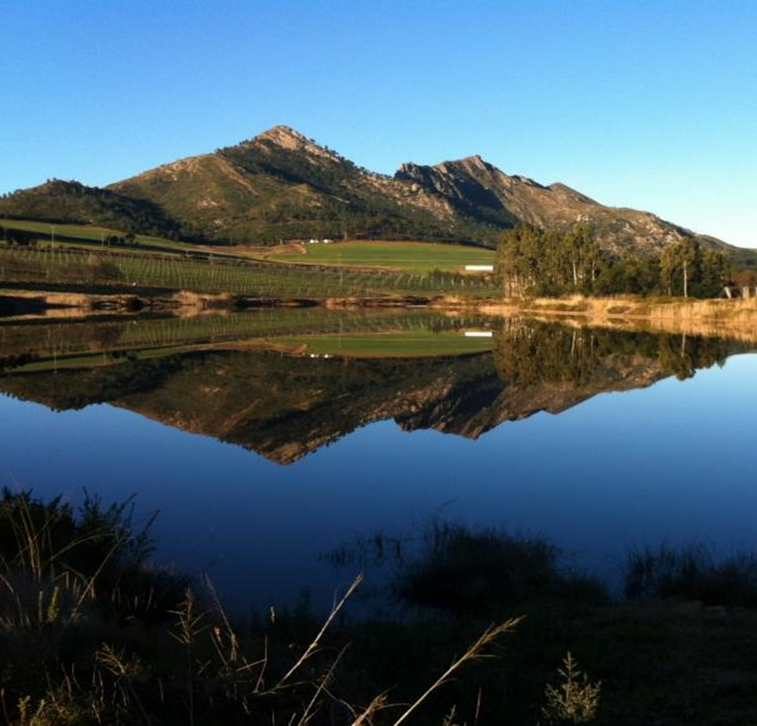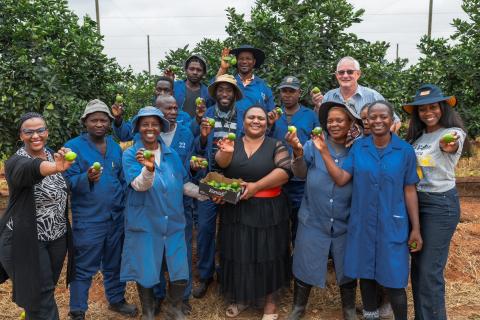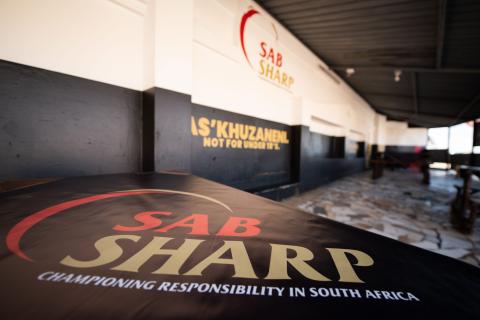
In commemoration of World Water Day 2024, the South African Breweries has highlighted the adverse impact that alien vegetation has on water security for farmers, businesses and local communities in South Africa. Water scarcity remains a challenge for South Africa.
According to a report the country has half the average global rainfall and is projected to have a 17% water deficit by 2030.
To mitigate water scarcity, the national response has attempted to maintain healthy catchment areas. One such area is Outeniqua, which is located just outside George. George is the only area in Africa that is suitable for growing hops, which is a key ingredient that SAB uses to make beer. However, the spread of alien vegetation in Outeniqua has made water conservation a challenge. According to a report, alien vegetation is projected to reduce water run-off by 45% and use up to 60% of available water during dry seasons and droughts.
The rapid spread of alien vegetation therefore poses a significant risk to local economies, the beer production value chain, and all the livelihoods that depend on it. Invasive species compete for vital water resources, endangering the delicate balance supporting hops growth. Moreover, these alien species heighten the risk of wildfires, increasing the probability by 300% in the area.
This presented a unique opportunity for SAB to ensure that not only is water conserved in the area, but to also provide a solution to this problem.
In partnership with the World Wide Fund, the brewer has been able to not only contribute to ecological preservation, but to ensure that it drives economic resilience and well-being in the communities in which it operates.
Through the decade long partnership, SAB has ensured that there has been a removal of alien infestation from over 2000 hectares and a restoration of diverse indigenous vegetation and ecosystems.
Vice President for Corporate Affairs at SAB, Zoleka Lisa said, “For us, it is as much about protecting the production of hops as it is about the livelihoods that depend on agriculture in this unique region”.
As a result of this partnership, a total of 10 billion litres of water has been released by clearing invasive alien plants and restoring indigenous vegetation.
“Through this project, we have not only been able to contribute to water conservation efforts, but we have seen a significant reduction in the risk of intense wildfires, protecting local communities and ecosystems”, Lisa said.
Through initiatives such as this, SAB and WWF have conserved vital water sources and catalysed biodiversity restoration efforts in the region.
“The enduring commitment to environmental stewardship in Outeniqua has yielded remarkable progress, marked by effective management strategies that have curbed the spread of invasive plants and delivered promising outcomes.
The collaboration between SAB and WWF exemplifies a commitment to water stewardship that transcends corporate boundaries. By integrating water conservation efforts into SAB's corporate strategy, we not only advance ecological preservation but also foster economic resilience and well-being within communities. This partnership stands as a testament to the transformative power of collective action in safeguarding our planet's most precious resource for future generations.



